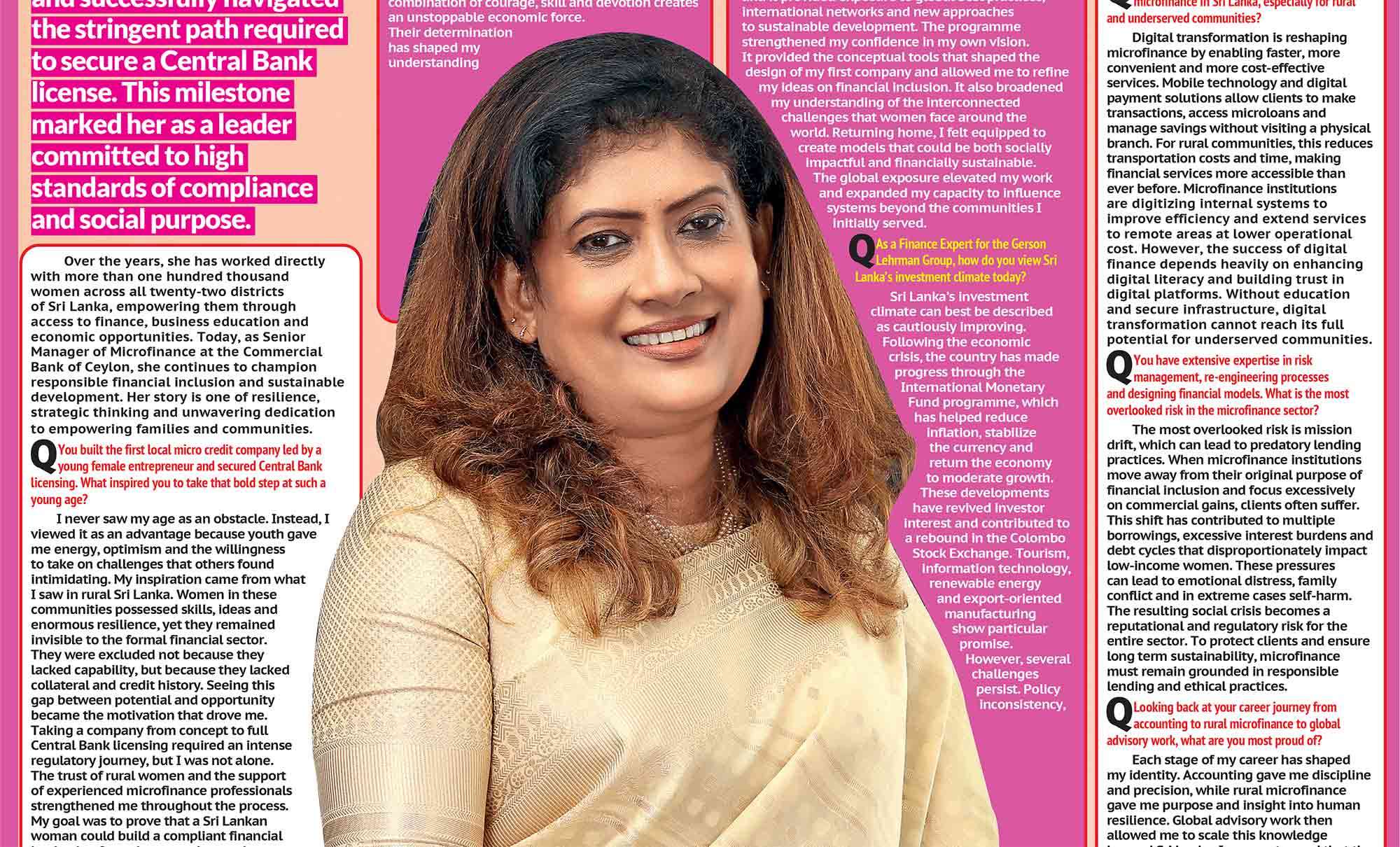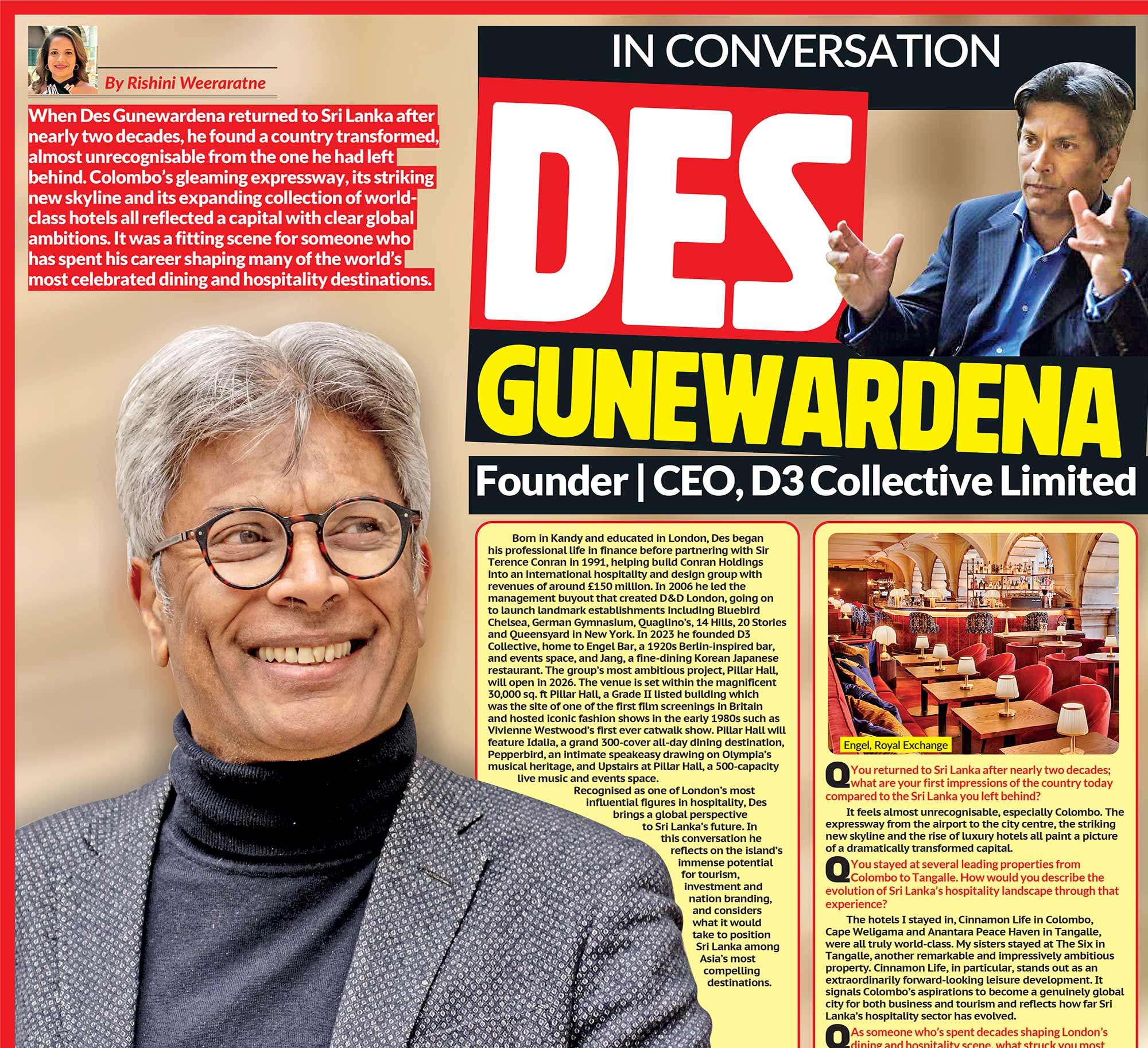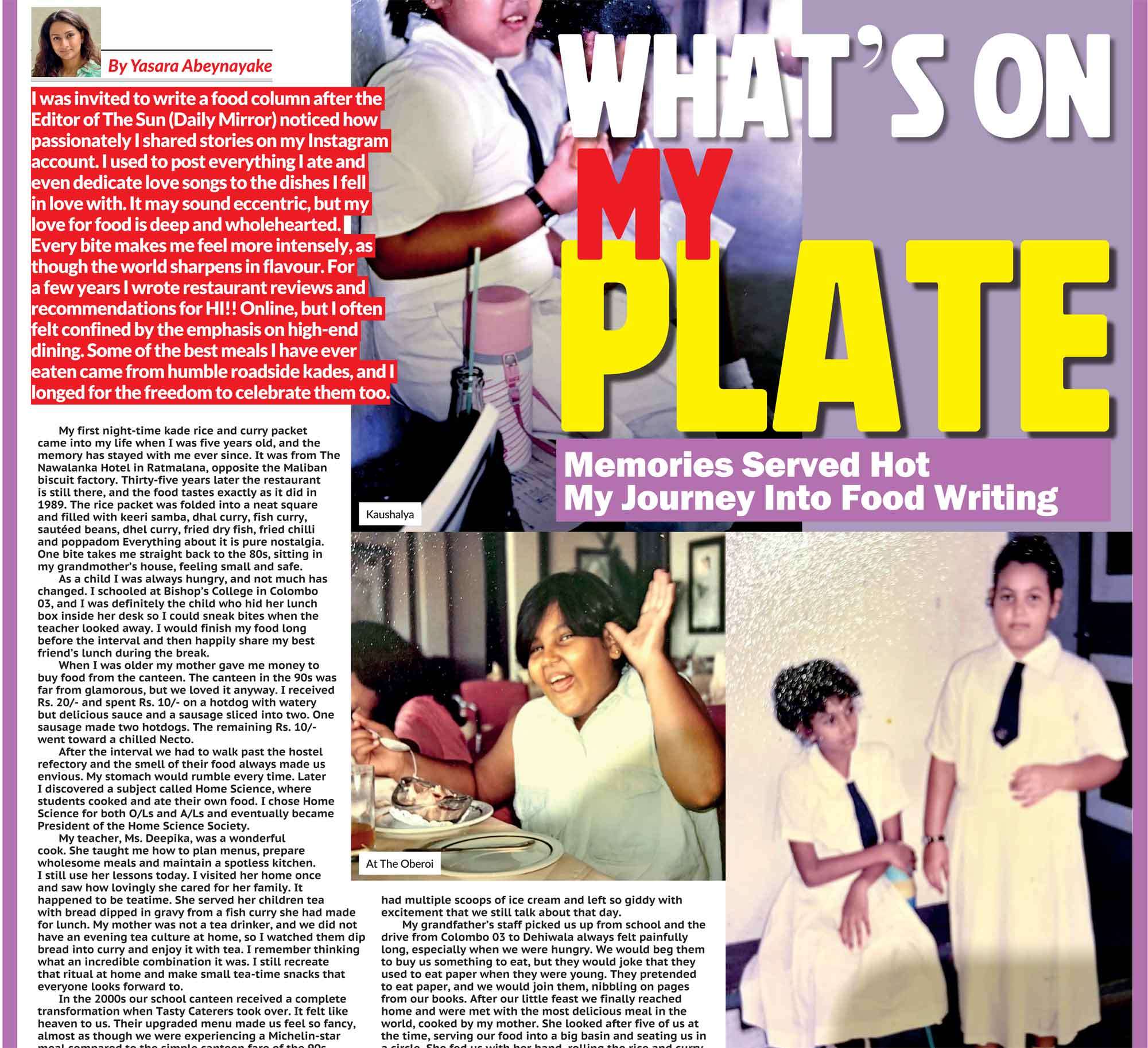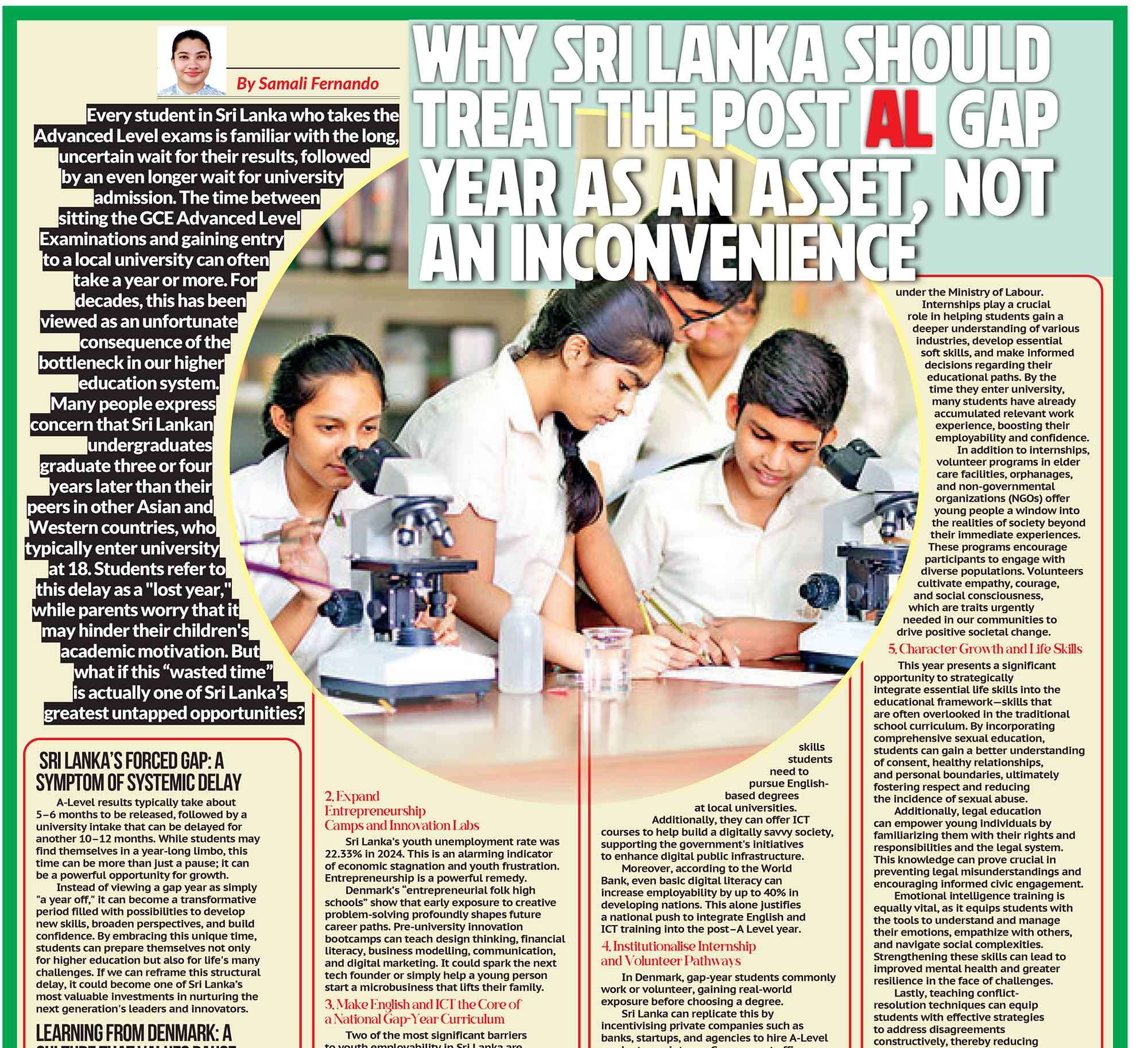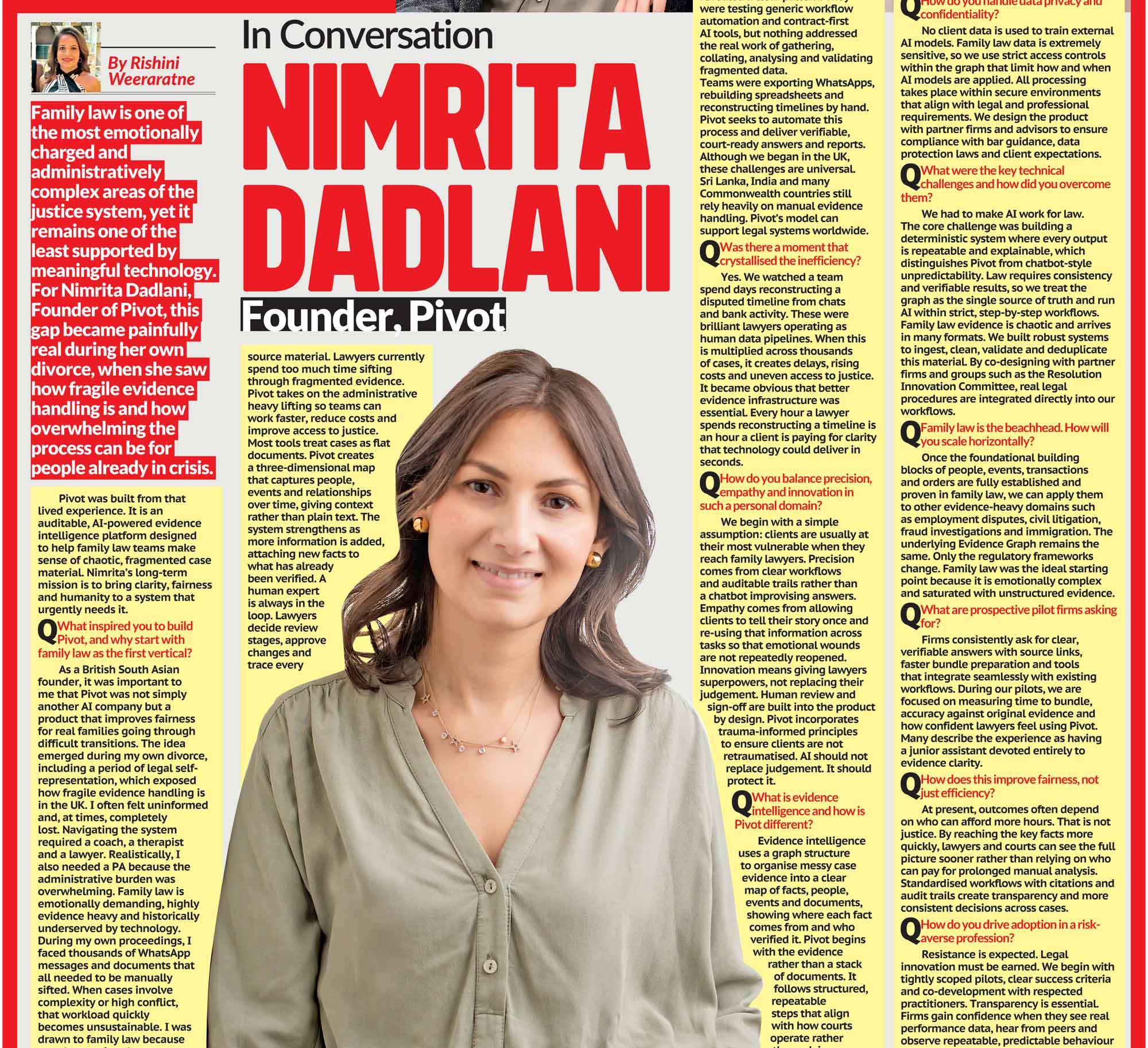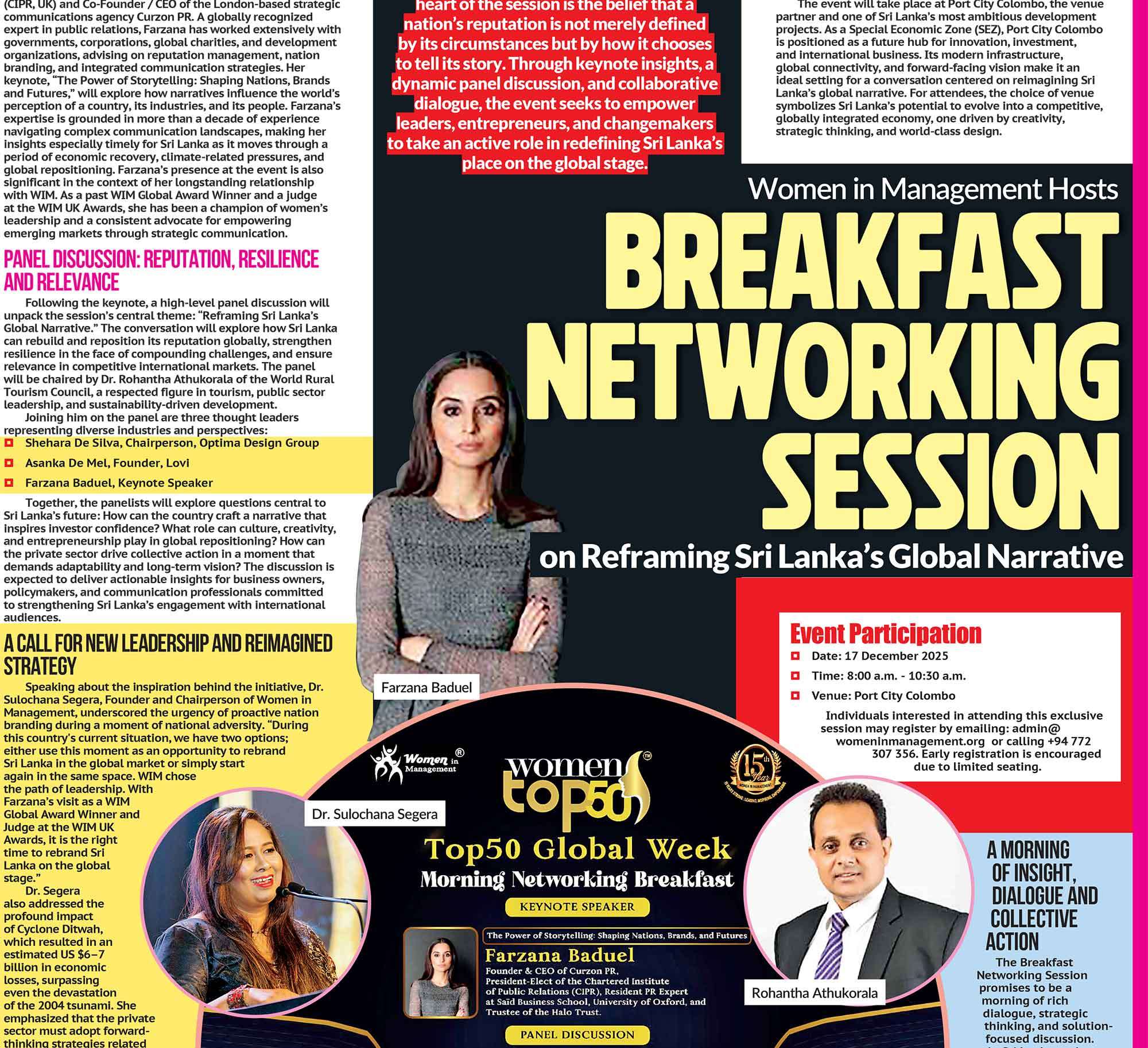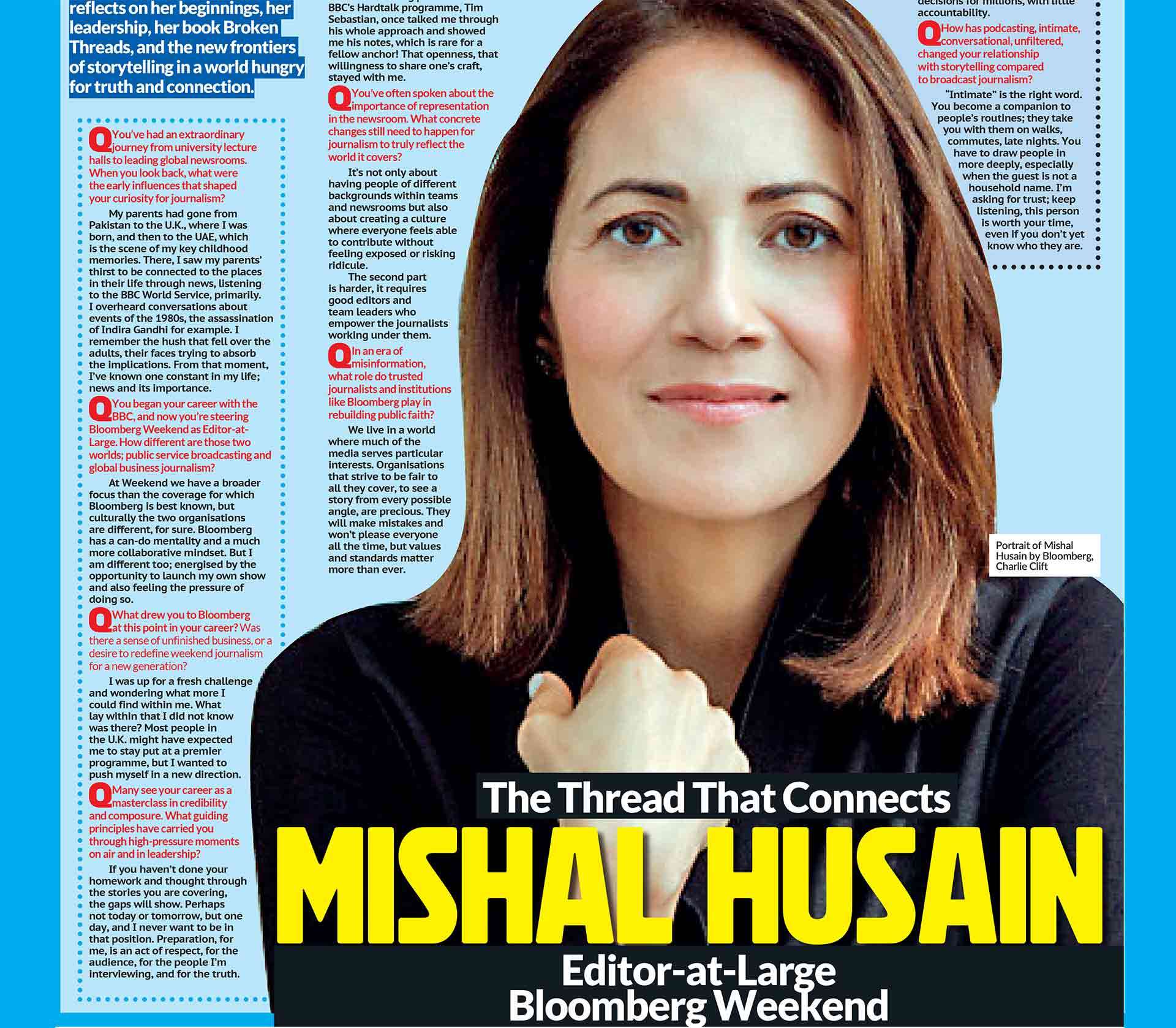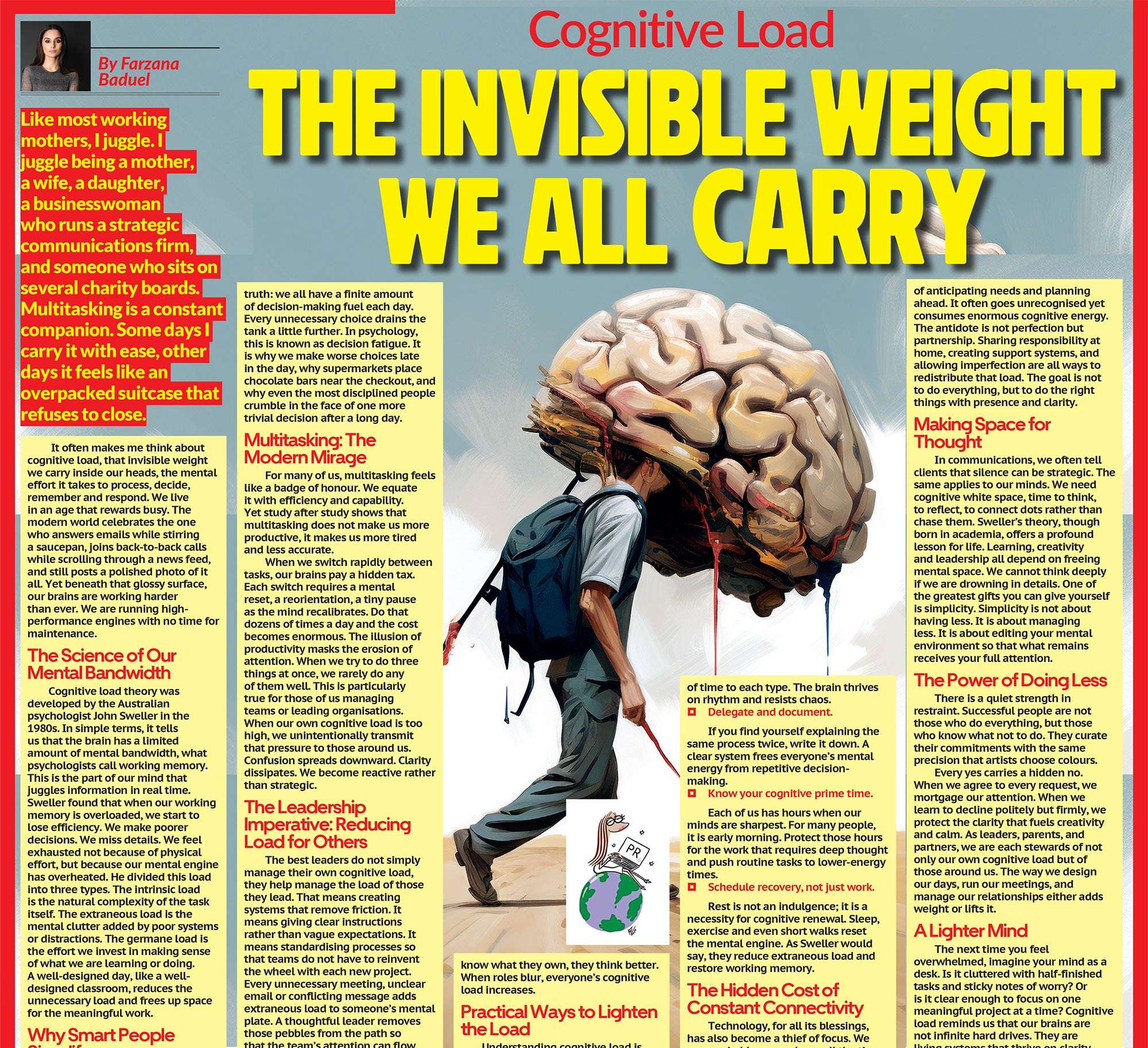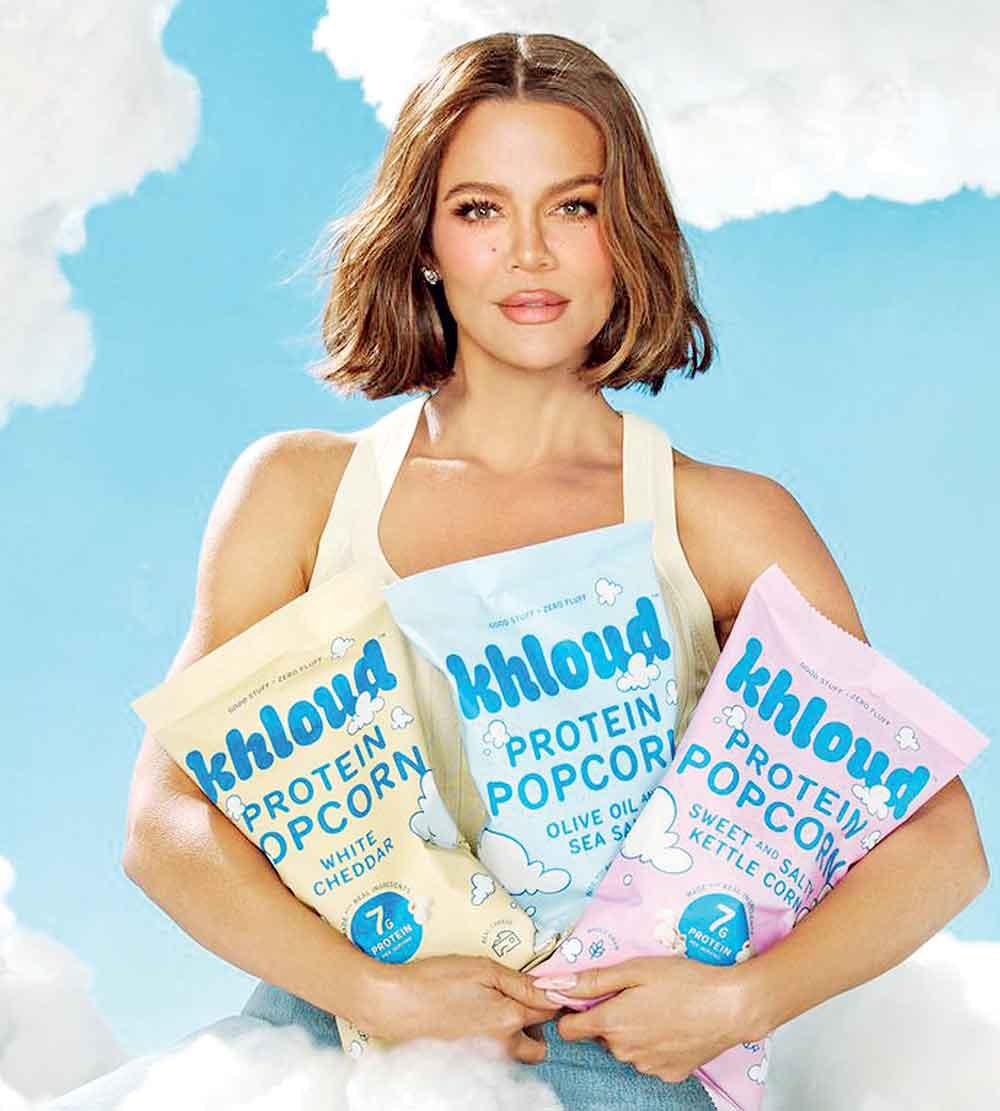
From protein chips to protein cereal, and now even protein popcorn, the grocery aisles are overflowing with high-protein promises. The latest hype is “Khloud” by Khloé Kardashian, a popcorn snack boasting 7g of protein per serving and wrapped in clean, minimal branding with words like “no fillers or fake stuff” and “good stuff only.” In a recent People magazine interview, Kardashian said she created the snack to be “an alternative to protein products filled with artificial stuff,” emphasising her desire to “feel good about the things I’m eating.” It sounds wholesome enough, until you take a step back and see the bigger picture.
 The wellness industry has long thrived on the idea that we must control, restrict, and moralize our food. And now, protein is the latest nutrient to be crowned as the golden ticket to weight loss. It’s not hard to see why: celebrities and influencers market high-protein products as the ultimate hack for looking good and feeling full. However, somewhere along the way, we’ve taken a crucial nutrient and turned it into a cultural obsession.
The wellness industry has long thrived on the idea that we must control, restrict, and moralize our food. And now, protein is the latest nutrient to be crowned as the golden ticket to weight loss. It’s not hard to see why: celebrities and influencers market high-protein products as the ultimate hack for looking good and feeling full. However, somewhere along the way, we’ve taken a crucial nutrient and turned it into a cultural obsession.
Yes, protein is essential. It helps build and repair muscle, supports hormone production, keeps our immune system strong, and plays a role in nearly every cell in the body. It’s especially important for those who are active, recovering from illness, or aging. However, more isn’t always better and a protein-drenched snack aisle isn’t necessarily a sign of healthier choices.
Many protein-packed products are ultra-processed and created more for marketing than for nourishment. Slapping a “high-protein” label on a product gives it a health halo, making people believe it’s superior, even if it's still high in salt and low in fibre. Meanwhile, brands cleverly tap into diet culture's favourite emotional currency: guilt. The language used to market Khloud popcorn: “guilt-free,” “no fake stuff,” “good snacks”, subtly reinforces the belief that food needs moral judgment. This is especially targeted at women, who have long been conditioned to feel shame over indulgence and to view food as something that must be “earned.” In truth, all food has value and pleasure is not something we need to justify.
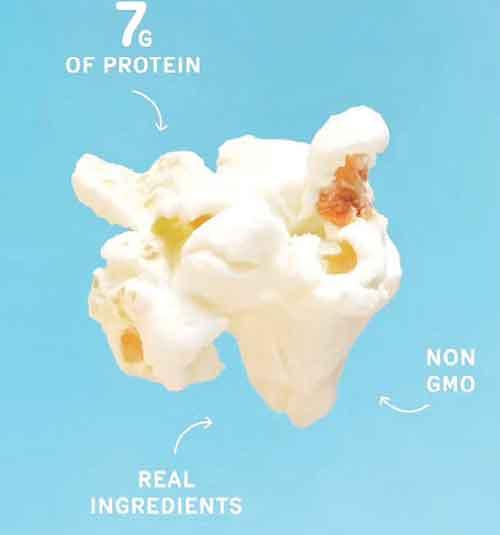
When Kardashian refers to other snacks as “bad,” she echoes decades of diet culture that paints certain foods (and by extension, people who eat them) as inferior
When Kardashian refers to other snacks as “bad,” she echoes decades of diet culture that paints certain foods (and by extension, people who eat them) as inferior. Health food marketing isn't just about nutrients anymore; it’s about identity. Buying the “right” protein bar or popcorn is now a sign that you care about your body, your image, and your willpower but health is not a personality trait, and protein content shouldn’t be a moral badge.
Ironically, in our rush to consume more protein, we’ve overlooked the real, accessible sources of it, foods that have been supporting human health long before packaging trends took over. A boiled egg offers about 6g of protein. A cup of cooked lentils? Around 18g. A handful (~30g) of mixed nuts provides 5g, while 100g of grilled chicken breast contains roughly 30g of quality protein. A palm-sized piece of grilled kirimalu (reef fish) gives about 25g. Pol sambol, made with grated coconut, delivers some plant-based protein and healthy fats. A serving of cowpea or mung beans (around 100g cooked) provides 7–9g of protein. Even humble ingredients like kurakkan flour, soya meat, kola kenda, or tempered chickpeas carry valuable protein, especially when eaten as part of a balanced diet, without the need for branding or buzzwords.
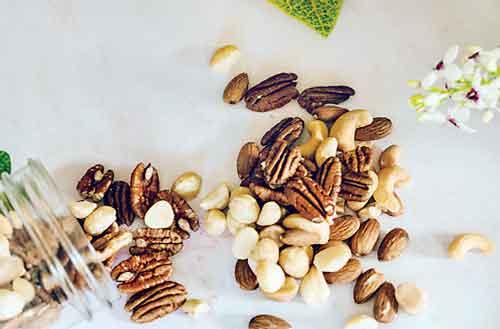
When we fixate on one nutrient, be it fat in the 90s, carbs in the 2000s, or protein today, we risk losing sight of balance. Nutrient over-saturation doesn’t serve our health; it serves the food industry. The more we buy into these trends, the more unbalanced our diets may become.
So the next time you’re reaching for that protein popcorn, pause and ask yourself: am I buying nourishment or the idea of being “good”? True wellness isn’t about restriction, guilt, or a 7g protein promise. It’s about variety, satisfaction, and a healthy relationship with food, popcorn or otherwise.


